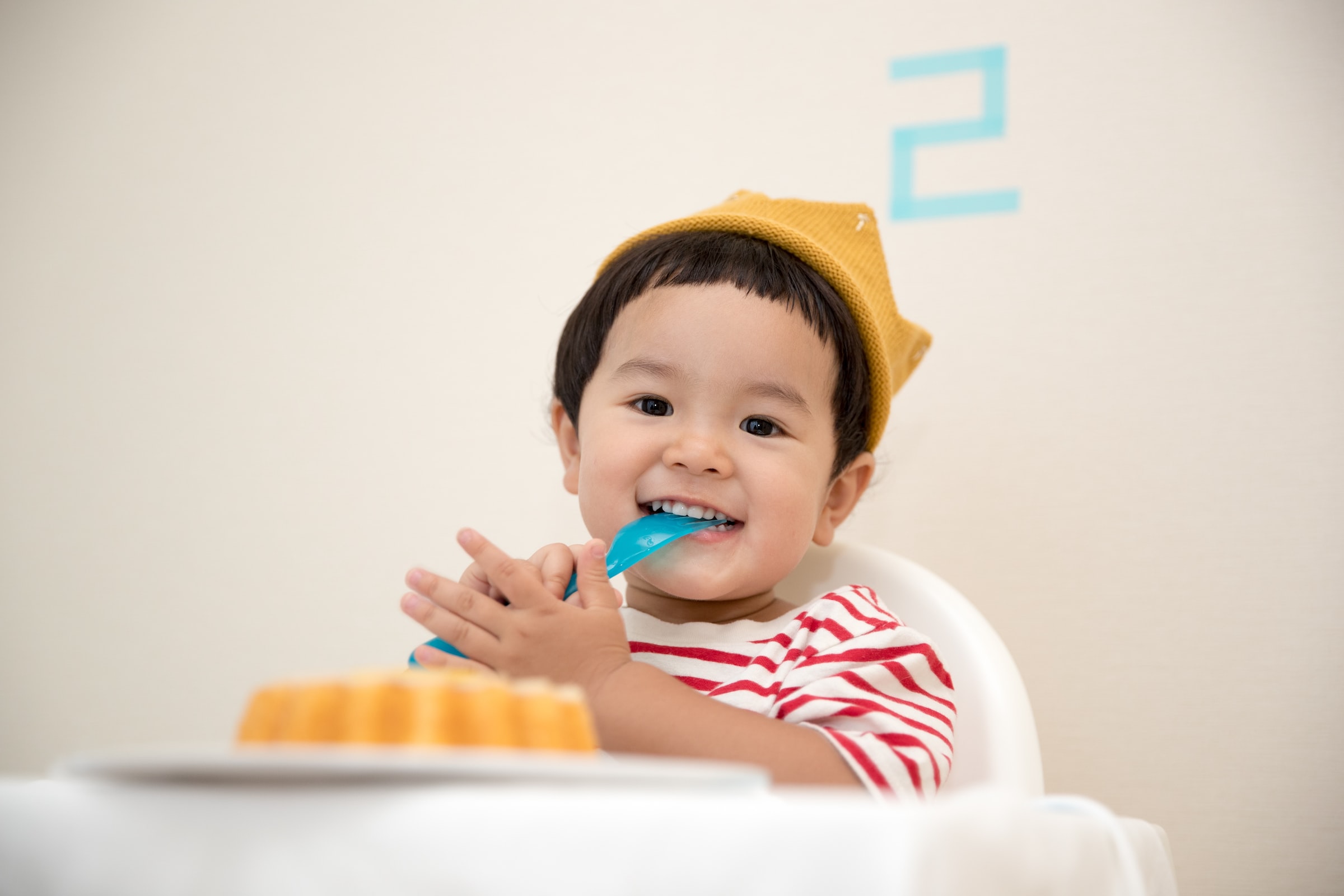
Teething is a milestone for every baby and parent. Though it doesn’t seem possible, as your child’s gummy smile transforms into a toothy grin, he becomes cuter than ever before. Unfortunately, children’s dentistry is not discussed as frequently as other topics, like feeding and sleep. Many parents, for instance, are not aware that babies should have dental checkups as soon as their first teeth appear.
At Magic Smiles Dental and Implant Centre, we proudly provide quality care for patients of all ages.
Read on to learn some fascinating and little-known facts about baby teeth. Then contact us to schedule an appointment for your child.
1. Teeth Are One of the First Things to Grow in the Womb.
While the heartbeat is one of the first developments for an unborn baby, the growth of baby teeth is not far behind. Teeth begin forming as early as six week’s gestation. At this time, dental lamina form tooth buds, which will later grow into teeth. Around 3 to 4 months in utero, hard tissue begins to form.
When a baby is born, she already has all 20 baby teeth below the gum line!
2. Some Babies Are Born with Teeth.
In about 1 out of every 2,000 to 3,000 births, babies are born with teeth. These are called natal teeth and are most often normal teeth that have simply erupted early. They can, however, cause complications with nursing, and they may be weaker than teeth that develop on a more regular timeline. But sometimes they cause no complications whatsoever.
3. Some Babies Have Extra Teeth.
3.8% of the population is born with hyperdontia, a condition that causes extra teeth to develop. Many times, only a dental professional can diagnose hyperdontia in infants since the extra teeth tend to look normal and align with the rest of the teeth. Nonetheless, it is important to diagnose this condition, as it can cause problems with normal dental alignment and development.
4. Baby Teeth Are More Susceptible to Cavities Than Adult Teeth.
Enamel forms the outer layer of teeth and helps to prevent cavities. In babies, however, the enamel layer is thinner, meaning children are more prone to tooth decay than their parents! In fact, 42% of Australian children have experienced decay in their baby teeth.
5. Baby Teeth Play an Important Role in the Development of Adult Teeth.
Baby teeth act as placeholders for adult teeth. If your child loses teeth too early, they could suffer from pronounced misalignment later down the road. In addition, children who experience dental decay are more likely to develop cavities as adults.
This is why early dental care is so vital. To prevent cavities, brush your little one’s teeth twice a day, and begin flossing as soon as she has two teeth that touch. You should also begin biannual dental checkups no later than age one, or whenever teeth start to come in, whichever comes first.
Schedule an Appointment with a Children’s Dentistry Expert
To learn more about baby teeth and to protect your favorite little smile, contact our practice today.


